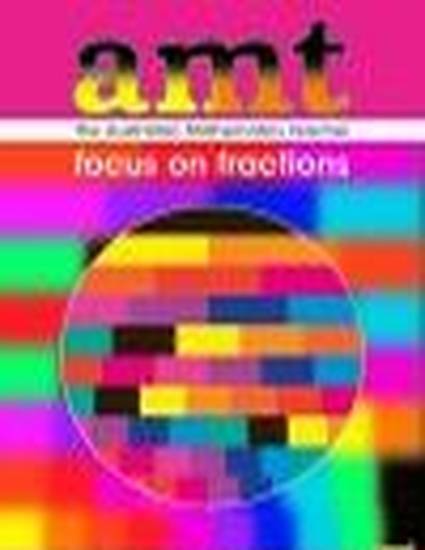
Article
Identifying cognitive processes important to mathematics learning but often overlooked
Australian Mathematics Teacher
(2011)
Abstract
This article is based on the author's presentation to ACER's Research Conference 2010 that introduced a set of mathematical competencies that deserve to be given more attention in our mathematics classrooms, on the grounds that the possession of these competencies relates strongly to increased levels of mathematical literacy. These competencies are: communication; mathematising; representation; reasoning and argument; strategic thinking; and using symbolic, formal and technical language and operations. The author argues that widespread under-representation of these competencies among the general populace contributes to unacceptably large measures on the mathematics terror index. The argument in support of these competencies comes out of the OECD's Programme for International Student Assessment (PISA). It is based on the results of research conducted by members of the PISA mathematics expert group. The article provides two examples of questions used in the PISA 2003 survey of 15 year olds to help illustrate how different mathematical problems call for the activation of the six competencies to a differing extent and help explain why some problems appear to be harder than others.
Keywords
- Mathematical competencies,
- Mathematics teaching,
- PISA,
- Contextualised problems,
- Mathematical literacy
Publication Date
2011
Citation Information
Ross Turner. "Identifying cognitive processes important to mathematics learning but often overlooked" Australian Mathematics Teacher Vol. 67 Iss. 2 (2011) p. 22 - 26 Available at: http://works.bepress.com/ross_turner/8/
